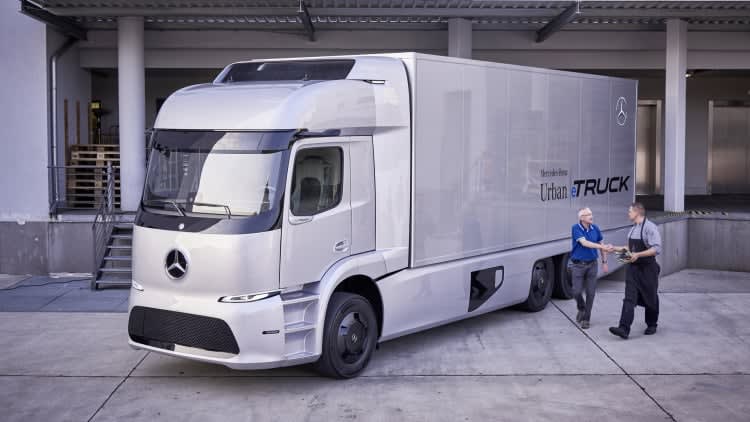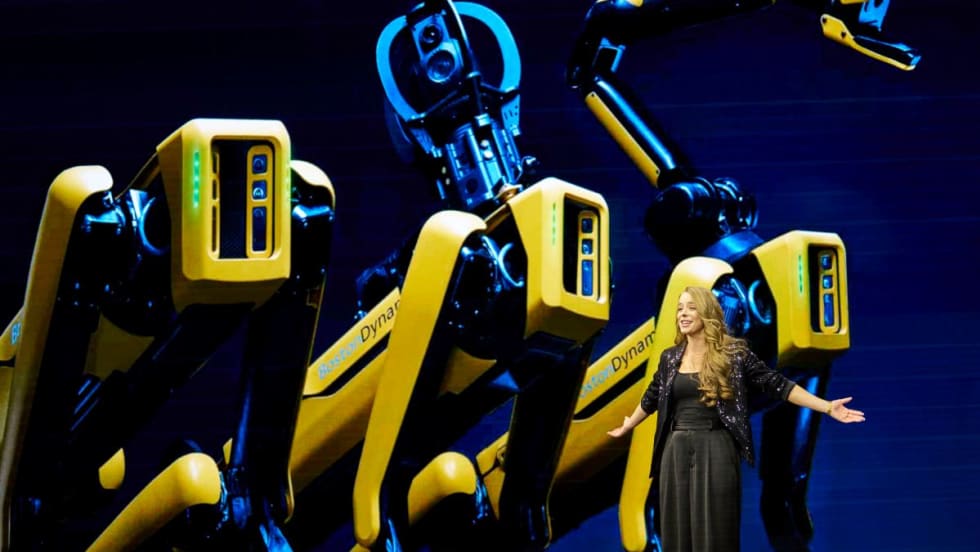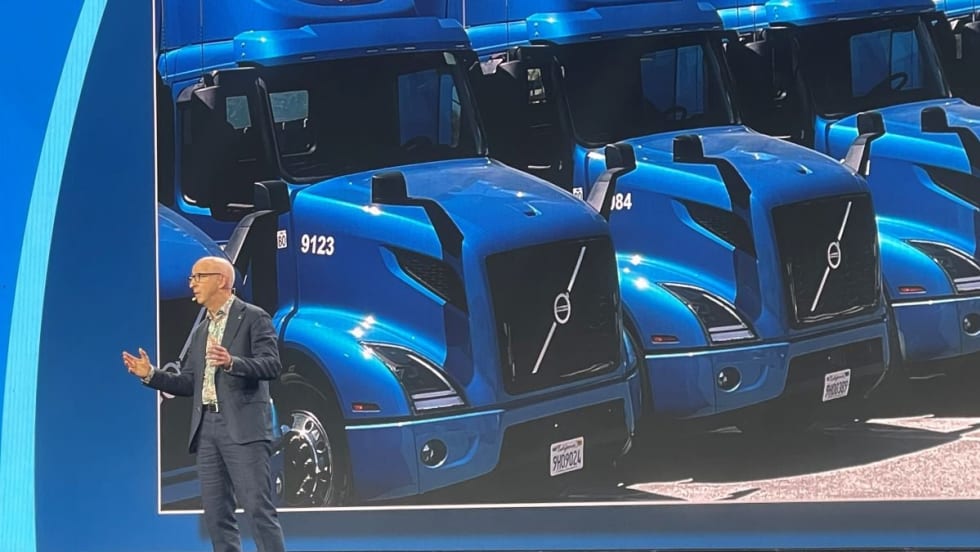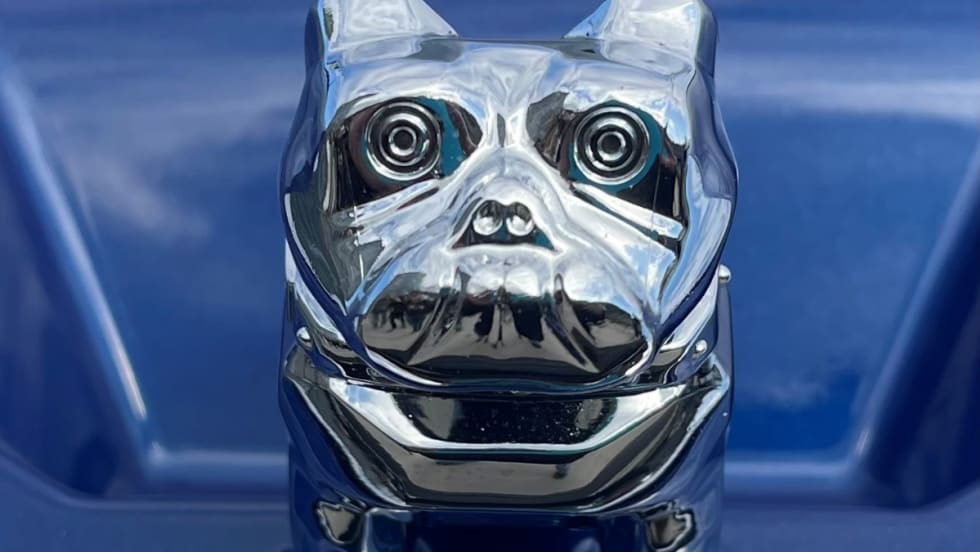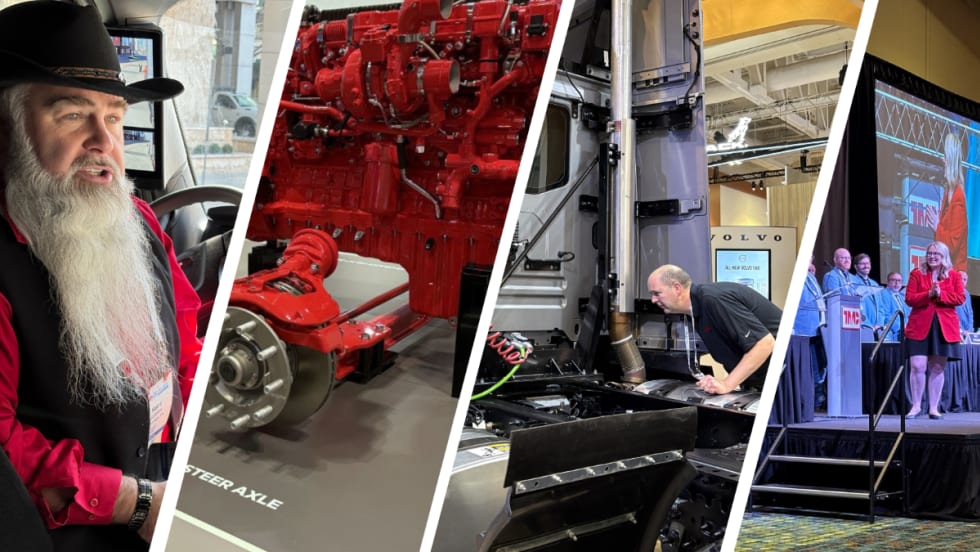Electric trucks are about to get a major boost toward mainstream acceptance. And love it, or hate it, that push is going to come from California.
Before we get too deep into this, remember that Californian’s clout is considerable. It is the world’s fifth largest economy. If it were an independent country, it would rank just behind Germany in terms of economic size and strength. So, if California voters decide they want fewer diesel trucks on their roads, OEMs have no choice but to pay attention and deliver vehicles that meet those demands.
And increasingly, it looks like electric trucks are going to be the technology that does so.
So it’s important to understand what’s happening in California. And there are initiatives that are either already in play, or beginning to take shape, that will affect how soon electric trucks will come to market elsewhere in North American and around the globe, and how much they will cost when they do.
Last week, on Dec. 12, 2019, environmental advocates from around the state gathered in Sacramento for a California Air Resources Board (CARB) Advanced Clean Truck (ACT) hearing to call on the state to strengthen the nation’s first rule mandating the sale of zero-emissions heavy duty trucks — which are California’s largest contributor to smog. And we’re not just talking about a few disgruntled hippie kooks, either. More than 100 pro-electric truck advocates spoke at the hearing. And CARB garnered more than 19,000 public comments ahead of the meeting — the vast majority of which were in favor of tougher emissions standards and giving more legislative support to electric truck OEMs along with increased incentives for fleets that purchase them.
A comment from “Beth,” made on Nov. 20th, is typical of many of the statements CARB received: “Let's face it, the country and the world looks to us for leadership. You know we are in crisis. We can make meaningful change in the air we breathe and protect the health of Californians. Be the change, lead the way. Let's get this happening!”
CARB won’t finalize its ACT rules until this spring. But when it does, the policy is certain to be the planet’s first, and most aggressive manufacturing and purchasing regulations for electric trucks. Right now, the proposed rules dictate that 4% of all trucks on California roads must be zero-emission vehicles by 2030.
There are around 1.5 million trucks operating in California today, according to a recent report issued by The Union of Concerned Scientists. So, 4% electric truck mandate would mean that about 84,000 zero emission vehicles would have to be working by 2030 in order to meet the proposed CARB mandate.
That may sound like a lot of electric trucks, the Concerned Scientists note — but that would still mean that 95% of trucks on the road then would still be powered by conventional diesel and gasoline engines. And environmental activists, citing life in “diesel death zones,” say that’s not good enough. They’re pushing CARB to more than double the 2030 zero-emissions mandate to 15% of all trucks on the road by that date.
Whether or not 15% is a realistic number of electric trucks for California in 10 years is a debatable point. Several OEMs, including Volvo, are urging CARB to adopt a more moderate and “holistic” approach to zero emissions vehicle regulations. But it appears California voters may expect — and even demand — more electric trucks in an even shorter time period. In a democracy, it’s the voters’ voices that count. And — as hard as it may be for some folks in other parts of the country to believe — a large majority of Californians don’t like diesel exhaust smoke and want to see it drastically reduced from the air they breath.
But still, even if CARB elects to stick with its modest 4% mandate, this would create a huge market for electric trucks overnight with obvious downstream effects in terms of production, infrastructure and charging capabilities, economies of scale and (eventually) pricing.
2020 is shaping up to be the year of the electric truck. And a announcement from CARB on the role those trucks will play in reducing emissions in the Golden State, will be a big part of that unfolding story.




